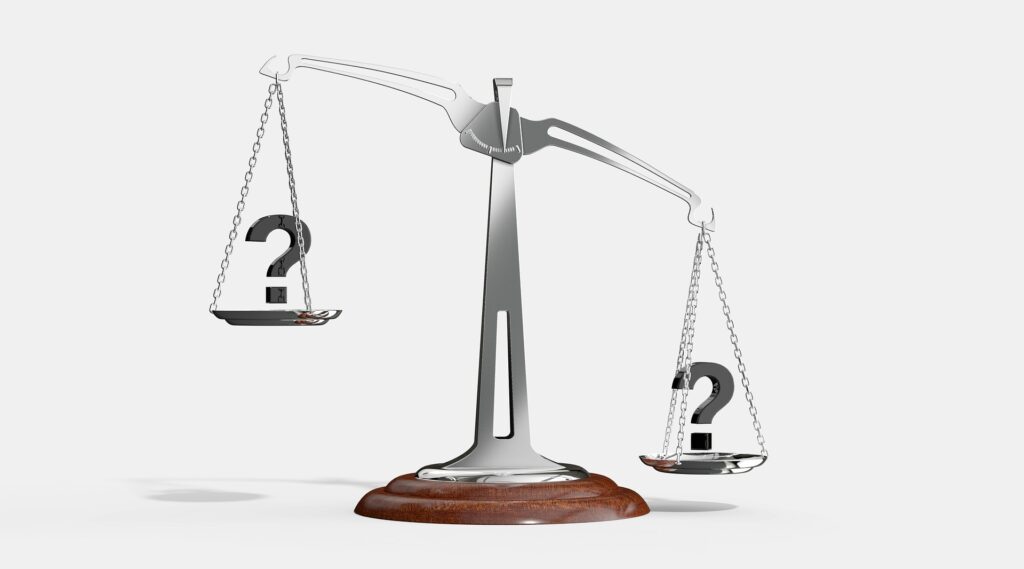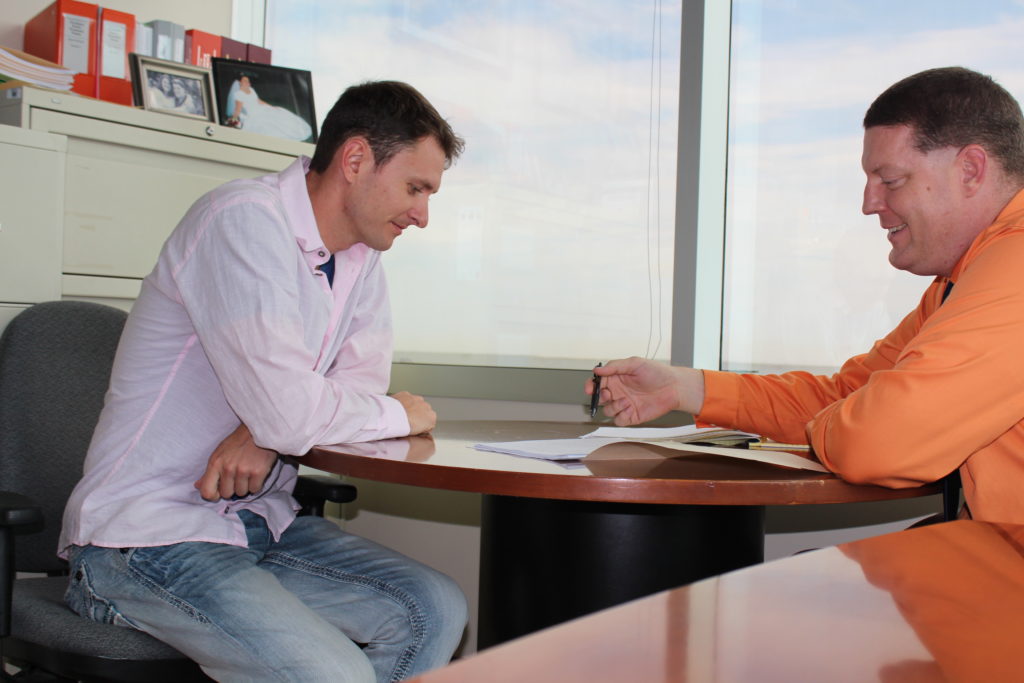The most common question that I get in my law practice is what is the difference between a will and a trust? I really do wish the question is simple and easy, and perhaps someday I will be able to come up with a satisfying answer that only takes a minute or two. In my experience, the answer to this question can be quite complex, as you can see that I’m still writing about it after 100 blogs, so it’s a question I’m still happy and proud to clarify into more simplistic terms.
In this blog, I will compare a will and a trust side by side, hopefully to show what the similarities and differences are between a will and a trust, and how each may be used for different purposes. Lets start with what is the same between the two.

Wills vs Trusts Compared Side by Side
Wills |
Trusts |
| A will gives away your assets to your named beneficiaries when you die. | A trust also gives away your assets to your named beneficiaries when you die. |
There is a slight caveat for the Trust:
A trust will only give away assets that are owned by the trust, so you will need to be careful about making sure assets are titled in the name of the trust if you want the trust to distribute those assets when you die.
Wills |
Trusts |
| 1. A Will distributes assets
A will distributes assets to named beneficiaries or heirs, to be distributed through the probate process. |
1. A Trust is a Will Substitute
A revocable trust is an alternative way to distribute property other than a will and probate. |
| 2. Assets distributed by wills do so by going through probate
The proper legal procedure for assets to be distributed by a will is the probate process. A will needs to be taken to the probate court, so that the person named in a will who is supposed to distribute property – the personal representative – gets legal authority to transfer assets to the named beneficiaries. The probate process also involves hitting deadlines set by the probate court and following the procedures the probate court has throughout the probate process. You can find the necessary forms to handle probate online, as they are published online by the Colorado Judicial Branch Website. |
2. When used properly, Trusts can avoid probate
Assets owned by a trust can avoid the probate process entirely. A trust will survive your death, so you can name a successor Trustee in the trust who can distribute trust property free of interference from the court after you die. A trust can only distribute assets that the trust owns, so assets must be titled in the name of the trust to avoid probate. This gives you, or your successor Trustee, the ability to handle your affairs without the need to interface or interact with the courts in most cases.
|
| 3. Usually a will gives away property outright to the named beneficiaries, so you don’t have much control over how a beneficiary will use an asset after you die
|
3. A trust can help you control property after you die, and a revocable or irrevocable trust can be set up while you are still alive. Since a trust continues to exist after you pass away, you can put conditions on how trust assets are to be used after you have passed away. These can be age restrictions, incentives for good behavior, or punishments for bad behavior. As long as the conditions do not violate public policy, such conditions can control how your assets are distributed and used after you pass away. |
| 4. A Will can set up what is called a Testamentary, or Contingent Trust
Many times, a will can set up a Testamentary, or Contingent Trust, to control what happens to assets when you pass away. This is quite useful when you have minor children – you can ensure that your assets transfer to your children when the children are old enough to use the assets wisely. Your personal representative would need to set up a trust through the probate process. |
4. A trust can set up everything while you are alive
The difference between a trust you set up while you are alive, and a trust set up by a will, is that the trust is already established. So your named successor trustee will not need to deal with the court to set up a trust, whereas a personal representative needs to do everything through the court. |
| 5. A will is useful to determine who will receive assets after you die, but can be limited in how a will distributes assets | 5. A trust can be a very versatile tool to distribute assets
|
As a companion to the above discussion, below are some reasons why you may want to set up a trust now, as opposed to setting up a trust through a will.
Wills |
Trusts |
| If many of your assets will not pay out until you die – like life insurance, then it might make the most sense to set up a will with a contingent trust for your children or grandchildren. The assets will then be funnelled into a trust through the probate process, but you don’t need to expend the time and expense of setting up a trust for assets that you do not currently possess. Instead, the assets that will pay out at the time of your death, and the personal representative can establish the trust. | If you have assets that are many, or varied, then setting up a trust now may make the most sense. You can gather all of your assets in one central location, the trust, so that everything is in one place. Having everything in one place can make it easier on those who survive you. You can do the work of getting assets all into the name of the trust now, so that everything is done, and your survivors don’t have to do as much work. Of course, because there is extra work to be done on the front end, trust may end up costing more initially, but the extra cost can save time and money (and heartache) down the road for your survivors – usually your children and grandchildren. |

Will or Trust, Attorney Michael Bailey Is Here To Help
As with every blog post, this is not intended to be a fully comprehensive list of all the similarities and differences between a will and a trust. Your own asset picture, life circumstances, and preferences need to be considered in doing what is the best way to choose to set up your estate plan for you and your family. To fully explore whether a will is enough, or whether a trust is right for you, or to further understand the differences, you should consult with an experienced estate planning attorney.

 720-730-7274
720-730-7274









